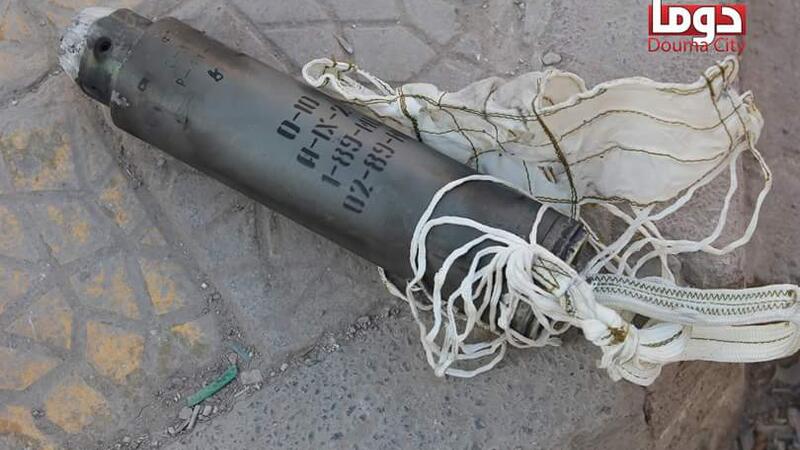U.S. Secretary of State John Kerry has expressed concern at the use of cluster munitions in Syria, which he says is "killing innocent women and children."
He made the comment after Human Rights Watch issued a report on February 8 that details how a joint military operation by Russia and government forces in Syria has used cluster munitions in at least 14 attacks across five governorates since January 26, 2016. Two types of air-dropped cluster munitions and two ground-launched types have been used in the attacks that killed at least 37 civilians, including six women and nine children, and wounded dozens. However the real number of cluster munition attacks is likely higher as is the number of victims.
According to Human Rights Watch, the "surge" in cluster munition attacks is part of an intensified Russian and Syrian military operation to establish control over key strategic territory in the governorates of Aleppo, Damascus, Idlib, Homs, and Hama. The recent offensive around Aleppo has caused at least tens of thousands of residents to flee towards the Turkish border.
Three witnesses told Human Rights Watch that on January 27, an aircraft dropped cluster munitions on Kafr Laha, a town in opposition-controlled territory near the city of Homs that is surrounded by Syrian government forces. One said, “the injured were mostly women and children" wounded by fragments.
Human Rights Watch has called on Russia and Syria to stop using cluster munitions and join the 2008 Convention on Cluster Munitions. It has urged the International Syria Support Group--comprised of 17 countries and three organizations--to prioritise protecting civilians and ending indiscriminate attacks, including the use of cluster munitions.
